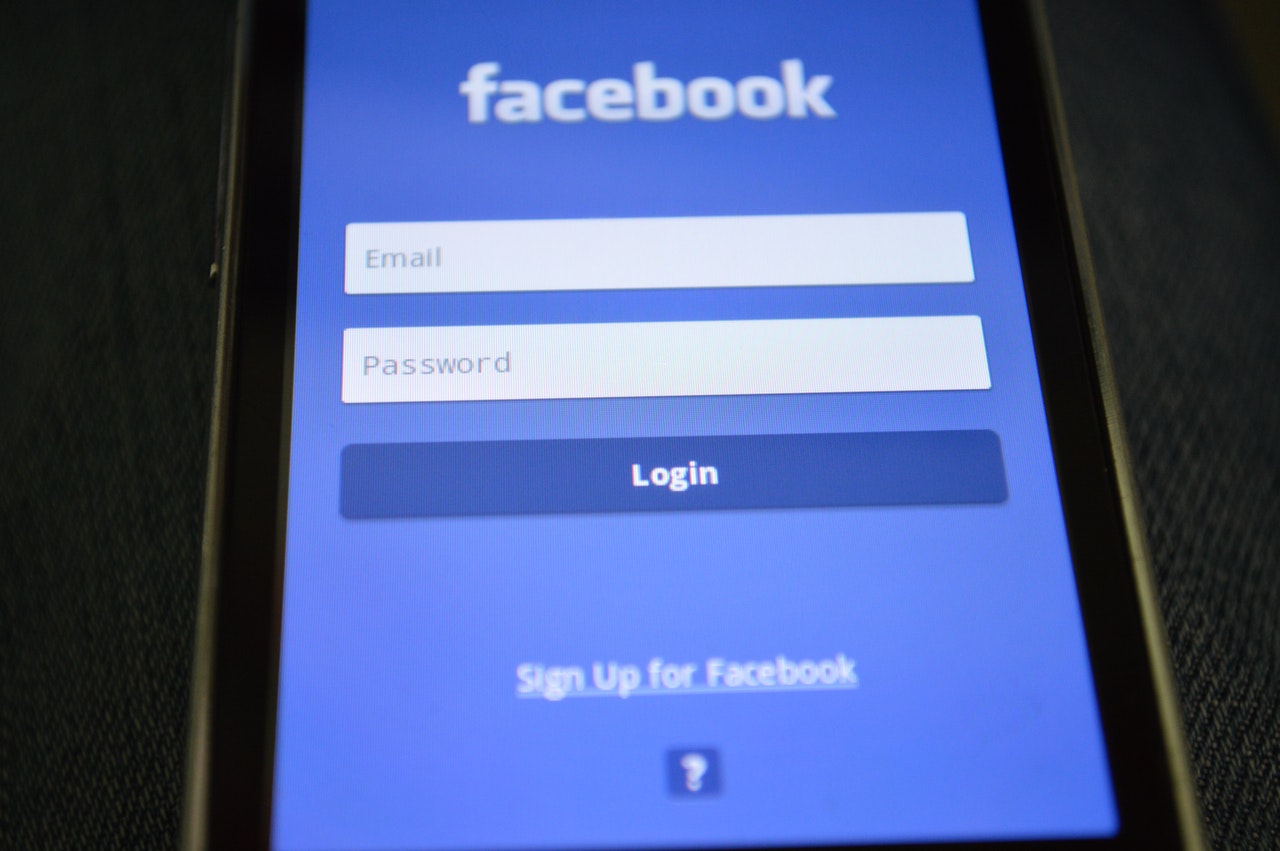At face value (pun intended), Facebook is just harmless social media. This would be true if all of it’s users’ data hadn’t been leaked over the weekend. That’s right, over 500 million people’s phone numbers, locations, addresses, birthdays, biographical information, email addresses, places of employment, and full names have been shared on a low-level hacking forum as of Saturday, April 3rd. This personal information can be used by hackers to commit fraud and or identity theft, and get this; all of that data is available for free.
How could Facebook let this happen? One of the platform’s spokespersons told Insider that this had happened before in 2019, back when the company was only a few years old. Data obtained back then is even more valuable now since it makes scamming and impersonating others even easier. This previous information leak served as an opportunity for hackers to put social engineering attacks into action.
Was My Number Leaked?
Cell phones are more than communication tools. They are also used for two-factor authentications and to reset passwords; in other words, a hacker’s dream score. Luckily, there’s a way to check if your phone number was included in the recent data leak.
- Go to The News Each Day
- Type your phone number in the bar without any hyphens or spaces.
- For example, if your number was 111-222-3333, you would input it as 1112223333.
- Gizmodo tested this site by checking Mark Zuckerburg’s number (which was in fact leaked)
If you are uncomfortable using your cell number to find out if your information is safe, there is another Gizmodo-tested option available.
- Go to HaveIBeenPwned, a well-known site that has recently updated its database in light of the data leak.
- Enter the email address that you use for your Facebook account, and the site will tell you if your information was part of the unfortunate cyber-spill.
What Do I Do?
If you find out that your personal information was leaked on Saturday, take these steps immediately to protect your identity.
- Find out what information was compromised.
- Change your passwords and security questions.
- If you use the same password for multiple sites, change those too.
- If you suspect your financial information can be accessed with the data that was compromised, call your bank right away.
- Signing up for some form of identity theft protection is a great idea, especially with today’s wild technology.
- You can also visit a credit bureau’s site to put fraud alerts in place for free. The three major credit bureaus are TransUnion, Equifax, and Experian.
What If My Identity Is Stolen?
In 2020, the Federal Trade Commission received 571,188 reports of identity theft. If your identity has been stolen, it’s important to act fast.
- If you have identity theft insurance, file a claim.
- Report the incident to the Federal Trade Commission, and you will be provided with a recovery plan, and already filled out forms that can be used to help you dispute the fraudulent charges.
- Contact local police to file a police report. This creates a “paper trail” that can be used to help your case.
- Contact an attorney.
- Place fraud alerts on your credit report.
- Freeze your credit, which means that credit bureaus won’t be allowed to share your credit report with anybody who may request access.
- Check credit card and bank statements for any unauthorized purchases, and inform the companies where the fraudulent charges happened immediately.
Having your identity stolen is a nightmare of financial struggles, bureaucratic red tape, conflict with companies that may contact you about fraudulent charges, and insurance disputes about your claim. If you’ve been made a victim of identity theft, contact an attorney to help lighten the load, and make an appointment for a free consultation.

